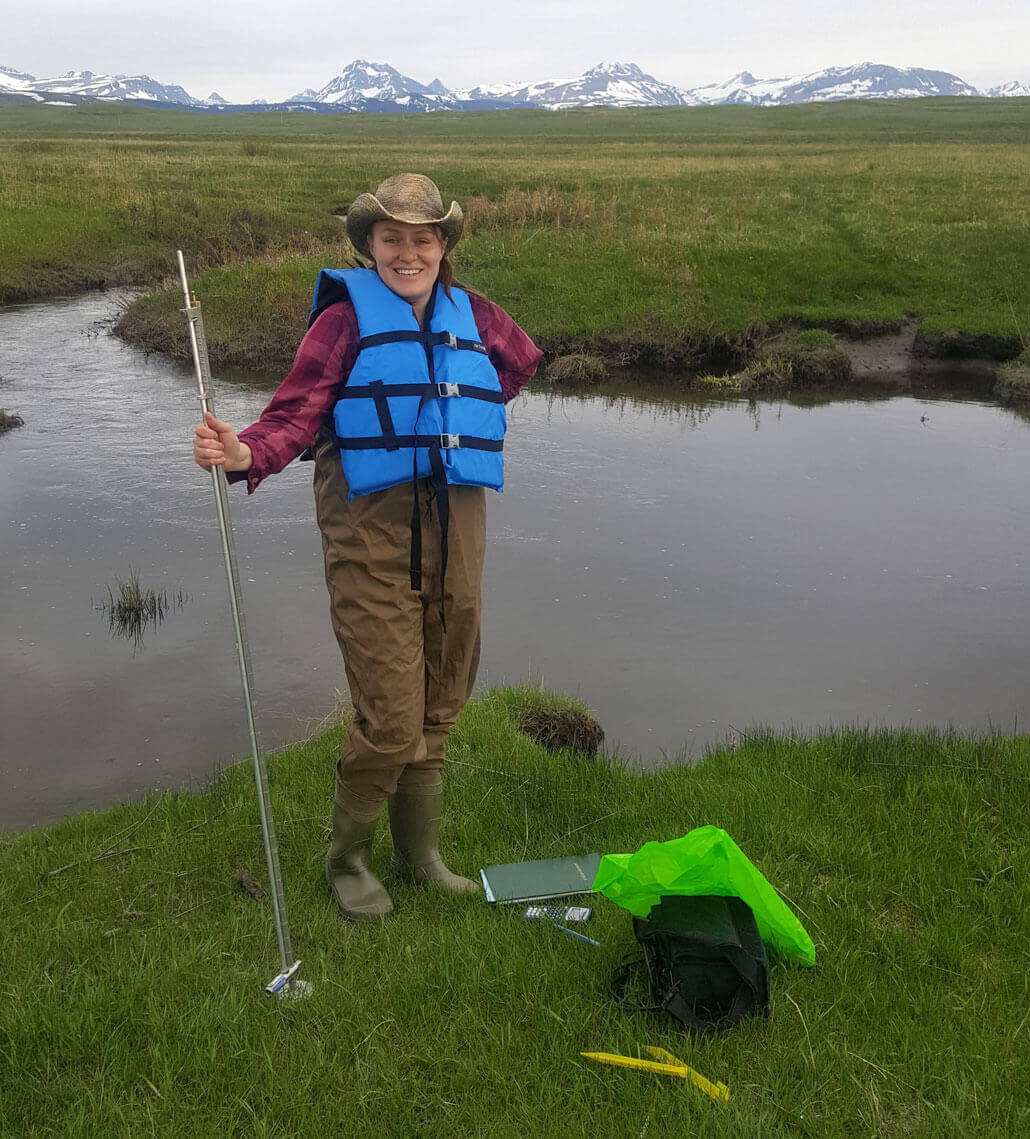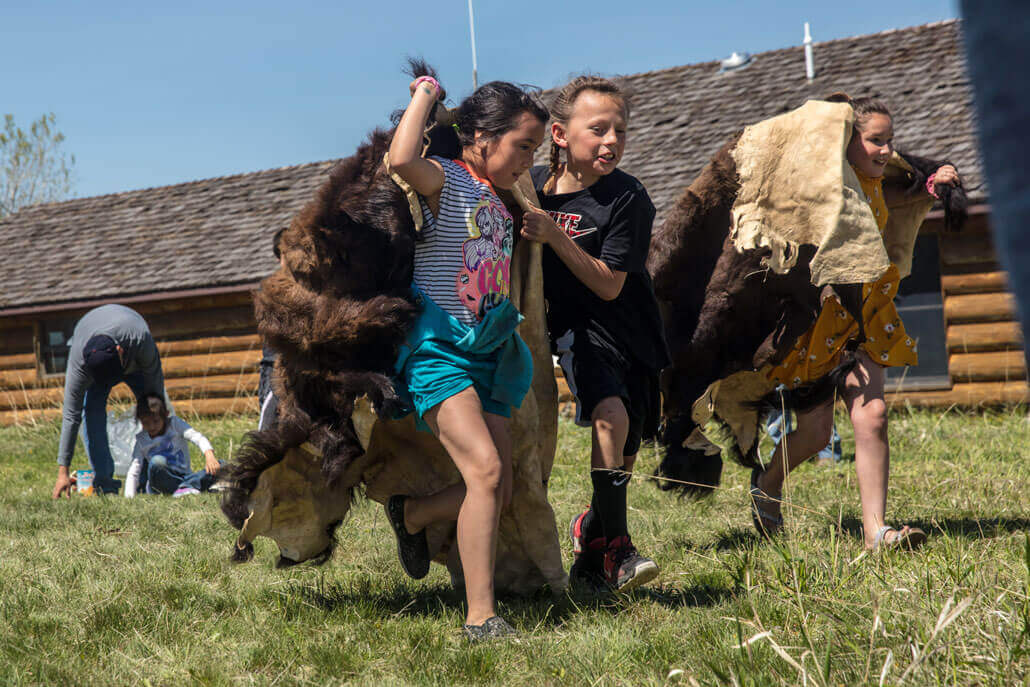Indigenous-led Conservation, a Holistic Approach
Q&A with Jordan Kennedy from Indigenous Led
Embark on an insightful exploration at the crossroads of environmental stewardship and cultural preservation through a Q&A with Jordan Kennedy, the Science Director at Indigenous Led. As we delve into the intricate landscape of Indigenous-led conservation, this journey promises a nuanced understanding of a holistic approach that transcends conventional boundaries.
Can you introduce yourself, your work, and Indigenous Led?
Oki, my name is Jordan Kennedy (iinniiskimaakii = Buffalo stone woman), and I currently hold the position of Science Director at Indigenous Led. My expertise lies in interdisciplinary research, experimental methodologies, and engineering, with a primary focus on the convergence of engineering, biology, ecology, Indigenous technology, and material science. My specialized field of study centers on the North American beaver.

What does Indigenous-led conservation mean? What are its five main pillars?
Indigenous-led conservation entails leveraging the enduring connections that Indigenous communities have nurtured with landscapes and wildlife as a source of guidance amid the imminent challenges posed by climate change. Drawing upon the intricate tapestry of Indigenous cultures, societies, economies, and scientific knowledge, this approach advocates a holistic approach to conservation. It is rooted in the weaving of multidimensional alliances, the wisdom accumulated over millennia through observational data, and a reciprocal bond with the natural environment. This conservation paradigm is fundamentally grounded in principles of abundance and stewardship.
The 5 main pillars of Indigenous-led conservation are:
- Place-based knowledge
- A value system of relationship – constantly thinking about how things relate and influence each other
- Requiring people to be a part of, instead of separate from, the natural world.
- Longstanding generational knowledge.
- Integrated into cultural practices (i. language, ceremony, food systems, etc.)
What problems does it address in conservation and society?
Indigenous perspectives have often been marginalized within the fields of conservation and science, either being superficially celebrated as isolated instances or disregarded entirely, effectively erasing the rich history of Indigenous presence on the North American continent prior to European “discovery.” Embracing Indigenous knowledge and practices in a substantive manner presents a transformative opportunity for society as a whole. It enables us to access innovative solutions to an array of challenges spanning animal management, architectural design, engineering, medical advancements, and climate adaptation that would otherwise remain undiscovered.

Can you share some of the challenges that Indigenous Led has encountered, as well as any small victories they have achieved?
One of our primary challenges revolves around the fundamental task of defining the parameters of Indigenous science. This entails addressing questions regarding the methodologies of research, the appropriateness of the inquiries posed, their cultural relevance, alignment with community needs, and their potential to empower the younger generation to assume leadership roles. Indigenous thinking, moreover, necessitates deep and extensive community engagement. Embracing Indigenous perspectives demands an interdisciplinary approach, entailing a significant degree of humility and patience in acquiring familiarity with new subject matters.
In my inaugural field season, I regard it as a significant achievement. I had the opportunity to engage students in practical fieldwork, collaborating with the Cornell Lab of Ornithology to deploy acoustic recorders for the purpose of capturing bird songs. This experience enabled me to immerse myself in the ecological context while also navigating the intricate political terrain, both of which represent triumphs in my professional journey. Additionally, I take pride in fostering connections between researchers from diverse disciplines and academic institutions, encouraging them to collaborate with Native students on projects driven by Indigenous perspectives and motivations.
Learn more about Indigenous Led: www.indigenousled.org | @indigenous_led
Photographers: Louise Johns & Jordan Kennedy
0 Comments